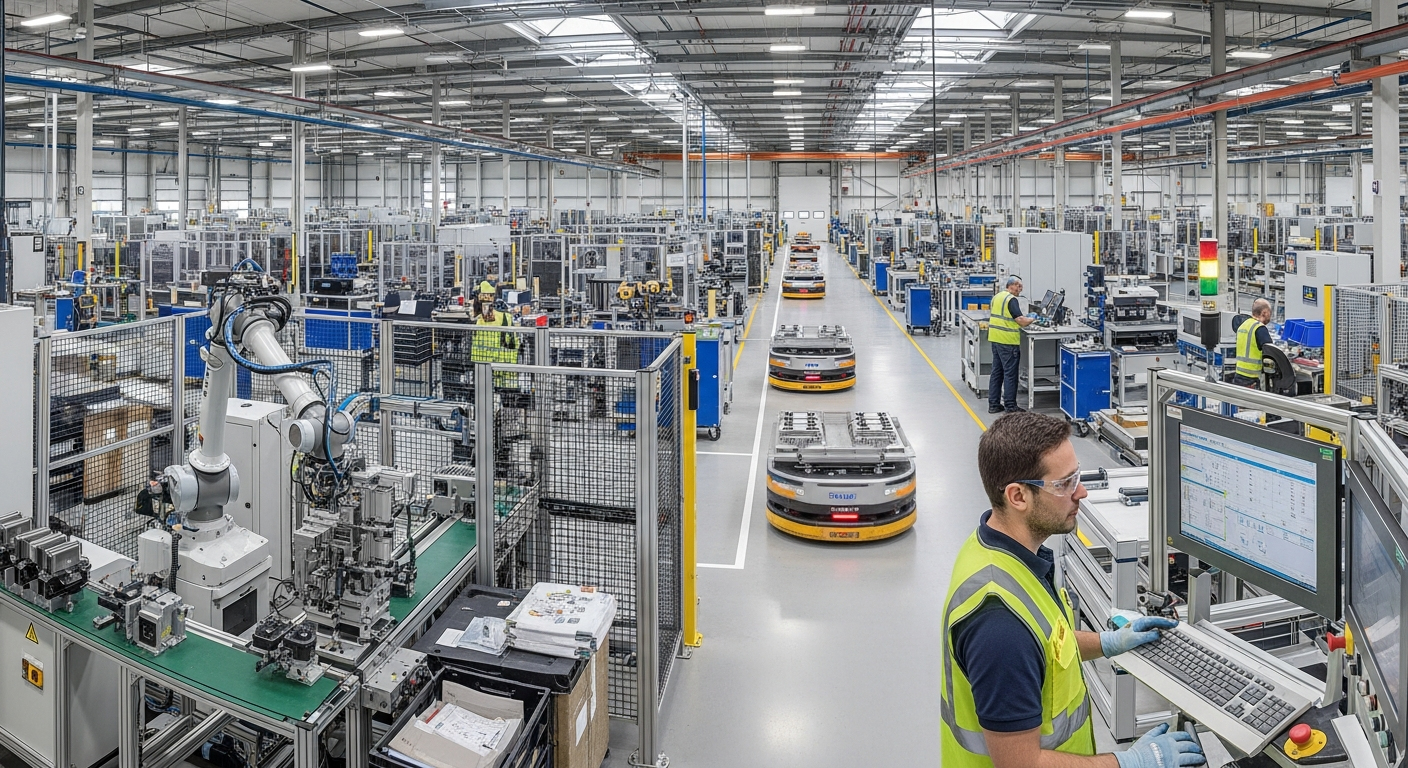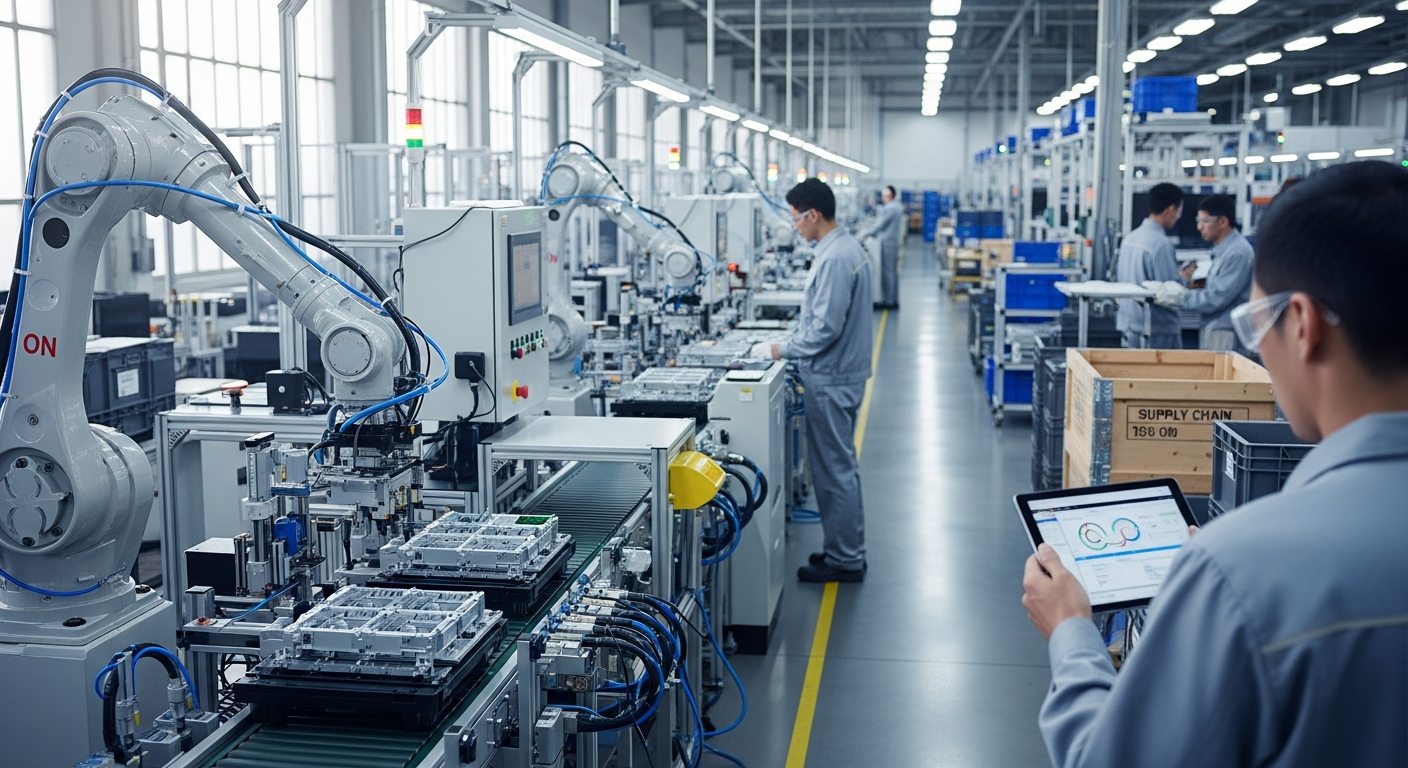Reimagining Industrial Sustainability: A New Era Beyond Green Manufacturing
Introduction: As businesses and industries grapple with the pressing need to reduce their carbon footprint, a novel paradigm shift is emerging. This shift goes beyond the familiar concept of Green Manufacturing, integrating sustainability into every aspect of industrial operations. Let's delve into this intriguing development that's shaping the future of industrial operations.

A Historical Perspective: From Green Manufacturing to Total Sustainability
The roots of Green Manufacturing lie in the 1960s and 70s, with the advent of environmental regulations and the nascent environmentalist movement. But after decades of incremental improvements in environmental performance, the industry is realizing the limitations of this approach.
The new paradigm of total industrial sustainability goes beyond minimizing waste and pollution. It involves integrating sustainability into every aspect of operations, from raw material sourcing to product end-of-life management. This holistic approach acknowledges that environmental, social, and economic sustainability are inextricably linked.
Emerging Trends in Industrial Sustainability
The shift towards total industrial sustainability is being driven by several emerging trends. These include the rise of the circular economy, which aims to eliminate waste and continuously reuse resources, and the increasing consumer demand for sustainably-produced goods.
Companies are also coming under pressure from investors and regulators to disclose and reduce their environmental impact. This is driving the adoption of sustainability metrics and reporting, and the integration of sustainability into strategic decision-making.
Implications of Total Industrial Sustainability
This paradigm shift has far-reaching implications for businesses and industries. On the one hand, it presents significant challenges, requiring a complete rethink of traditional business and operational models.
On the other hand, it offers substantial benefits. Companies that successfully integrate sustainability into their operations can expect improved operational efficiency, reputational enhancement, and increased competitiveness in a rapidly evolving marketplace.
Navigating the Shift: Practical Insights
The journey towards total industrial sustainability requires a strategic, holistic approach. Here are some practical steps that businesses can take:
-
Develop a clear sustainability vision and strategy.
-
Integrate sustainability metrics into performance management.
-
Engage stakeholders in sustainability initiatives.
-
Invest in sustainable technologies and practices.
-
Collaborate with other businesses and stakeholders to create sustainable value chains.
The Future of Industrial Sustainability
The shift towards total industrial sustainability represents a fundamental change in the way businesses and industries operate. While it presents significant challenges, it also offers exciting opportunities for businesses willing to embrace this new paradigm.
By integrating sustainability into every aspect of their operations, businesses can not only reduce their environmental impact but also enhance their operational efficiency, reputation, and competitiveness. In this new era, sustainability is no longer an optional add-on but a core business imperative.






